Podcast: Play in new window | Download (Duration: 41:07 — 75.3MB)
The Benefits of Enzymes

“When foods are cooked or processed, the enzymes that are naturally in the food are destroyed. Since the modern diet consists primarily of cooked or processed foods, we rely on the digestive enzymes that our bodies manufacture to help us break down our meals.
We all normally produce both metabolic and digestive enzymes. As we age, our bodies produce fewer of the enzymes that we need.
There are many different kinds of enzymes, and they each have a specific purpose. Sometimes people simply have a deficiency of certain types of enzyme. This is why food intolerance occurs. For example, lactose intolerance is caused by a deficiency of the enzyme lactase.
The good news is that studies have shown that by supplementing your diet with the right combination of digestive enzymes, you can take meaningful steps to improve and maintain your digestive health. The result may be improved regularity, less digestive discomfort, and better assimilation of vital nutrients. Supplementing with metabolic enzymes may provide extra support for your cardiovascular and immune systems and your healthy muscle, tissue and joint function.
- Why take digestive enzyme supplements?
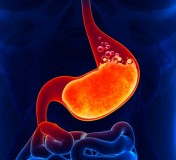 Nearly one in three people in the U.S. experience some kind of digestive problem. Though many suffer, few have to. The typical benefits of enzyme supplementation include reduced digestive distress, increased energy and improved regularity.
Nearly one in three people in the U.S. experience some kind of digestive problem. Though many suffer, few have to. The typical benefits of enzyme supplementation include reduced digestive distress, increased energy and improved regularity.- Soothe Digestive Distress: When undigested foods travel through the intestines they can irritate and potentially damage the sensitive intestinal wall. Over time, this irritation may reduce our digestive capacity and negatively influence the vital absorption process.
- Increase Energy: By aiding the breakdown and absorption of foods, you can free up enormous amounts of energy, increasing physical vitality and enhancing energy levels.
What Are Enzymes?
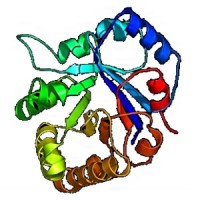
Enzyme
Enzymes are biologically active proteins found in all living cells. Metabolic enzymes catalyze and regulate every biochemical reaction that occurs within the human body, making them essential for cellular function and overall health. Digestive enzymes turn the food we eat into energy which may be utilized by the body for various biological processes. Our bodies naturally produce both digestive and metabolic enzymes, as they are needed.
Enzymes are protein chemicals, which carry a vital energy factor needed for every chemical action, and reaction that occurs in our body. There are approximately 1300 different enzymes found in the human cell. These enzymes can combine with coenzymes to form nearly 100,000 various chemicals that enable us to see, hear, feel, move, digest food, and think. Every organ, every tissue, and all the 100 trillion cells in our body depend upon the reactions of metabolic enzymes and their energy factor. Nutrition cannot be explained without describing the part that enzymes play.
How are enzymes utilized in the body?
Metabolic Enzymes are an essential component for optimal cellular function and health. These descriptions are not without merit. They speed up the chemical reactions within the cells for detoxification and energy production. They enable us to see, hear, feel, move and think. Every organ, every tissue and all 100 trillion cells in our body depend upon the reaction of metabolic enzymes and their energy factor. Without these metabolic enzymes, cellular life would cease to exist.
Digestive Enzymes are secreted along the digestive tract to break food down into nutrients and waste. Most of the digestive enzymes are produced by the pancreas. The liver, gallbladder, small intestine, stomach and colon also play pivotal roles in the production of these enzymes. Digestive enzymes allow the nutrients found in the foods we consume to be absorbed into the blood stream and the waste to be discarded. Some human digestive enzymes include lipase, protease, amylase, ptyalin, pepsin and trypsin. ” Content from Enzymedica.com
About Tom Bohager
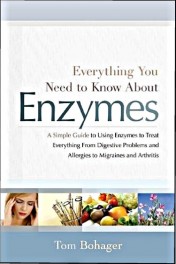 Tom Bohager holds a bachelor’s degree in holistic nutrition from Clayton College of Natural Health and is the author of two books: Everything You Need to Know About Enzymes, (2008), and Enzymes: What the Experts Know (2006). Though Tom was first exposed to alternative health care in 1984 when his father was diagnosed with Lymphoma it wasn’t until 1996 that he took a sales job in the natural foods industry, frequently educating store employees and consumers on the benefits of healthy lifestyle choices and nutritional supplementation.
Tom Bohager holds a bachelor’s degree in holistic nutrition from Clayton College of Natural Health and is the author of two books: Everything You Need to Know About Enzymes, (2008), and Enzymes: What the Experts Know (2006). Though Tom was first exposed to alternative health care in 1984 when his father was diagnosed with Lymphoma it wasn’t until 1996 that he took a sales job in the natural foods industry, frequently educating store employees and consumers on the benefits of healthy lifestyle choices and nutritional supplementation.
In 1998 Tom received extensive training at the Transformation Enzyme Therapy center in Houston Texas. In that same year he started Enzymedica in an effort to educate and help as many people as possible on the benefits of high potency enzymes and enzyme therapy. In addition to focusing on Enzymedica’s long-range goals Tom founded The Autism Hope Alliance in 2008. Tom currently focuses his primary efforts on Enzymedica as its Chairman while supporting The Autism Hope Alliance as its founder.




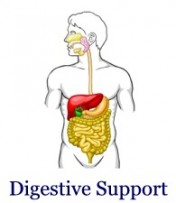
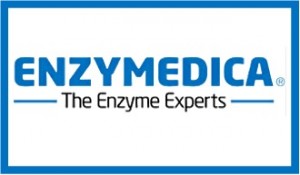

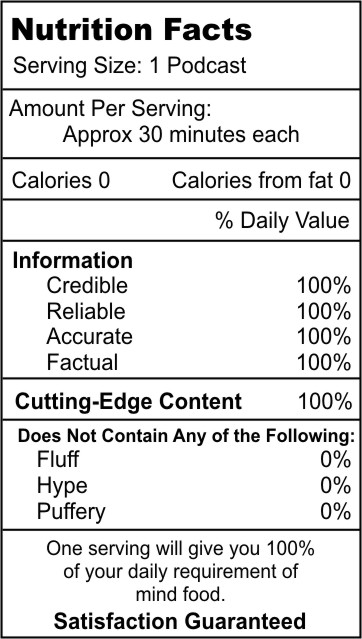




{ 2 comments… read them below or add one }
I love your page and i would like to know if you have any podcast about gut inflamacion or gastritis and acid reflux
Here are 4 podcasts for your consideration.
https://healthquestpodcast.com/tag/acid-blockers/